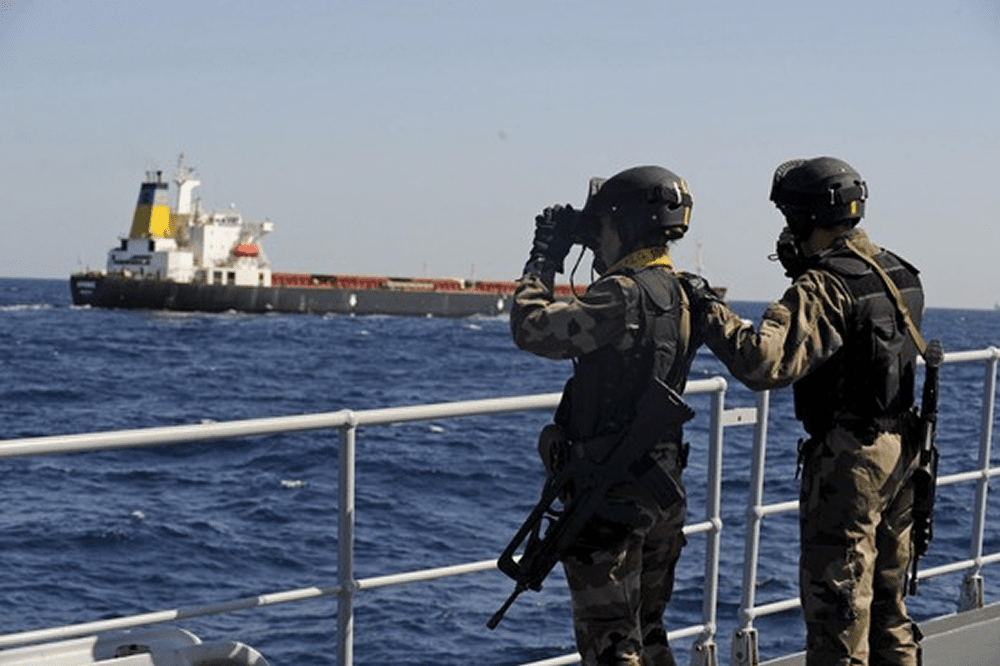Cargo Vessel Baltic Wind Runs Aground in Isefjord, No Pollution Reported
The cargo vessel Baltic Wind ran aground in Denmark’s Isefjord after leaving the navigation channel. No injuries or pollution were reported, and salvage planning is underway.

A chemical tanker "highly likely" to be the ENDO PONENTE, according to maritime risk firm Vanguard Tech, came under pirate attack off the coast of Togo — a scarce but stark incident in waters long considered a hotspot for maritime crime. The attack occurred approximately 56 nautical miles south of Lomé and involved sudden loss of speed and navigational control, based on AIS data supplied by ShipAtlas. This rare event underscores growing volatility in a region that had seen piracy ebb but now appears on the rise once again, according to Vanguard Tech.
AIS data shows Endo Ponente, a Maltese-flagged vessel built in 2010, departing from anchorage off LOME on the morning of 28 August, proceeding south at six to seven knots. Around 18:30, the ship executed a sharp turn to starboard and slowed dramatically to under one knot. Its final AIS transmission was logged 30 minutes later — actions consistent with sophisticated pirate interceptions in the Gulf of Guinea, suggests The Maritime Executive. These waters have historically served as the gear for violent hijackings and ransom-driven kidnappings.
Though the region experienced fewer attacks compared to its peak in the late 2010s, the resurgence of high-profile incidents like this one indicates that maritime security cannot be treated as static. In 2023, the ICC International Maritime Bureau documented 120 attacks globally, including three hijackings in the Gulf of Guinea — reaffirming its status as a perilous corridor for chemical, oil, and bulk tankers alike.
In a related case, on 1 January 2024, the Hana 1, now a Comoros-flagged chemical tanker, was attacked near Equatorial Guinea — nine of its crew were kidnapped, further underscoring persistent threats in West African waters.
The attack on Endo Ponente is a harsh reminder of the need for heightened vigilance in the Gulf of Guinea — especially for vessels carrying hazardous or chemical cargo. This incident also intersects with other recent reports we've covered, including switching routes due to geopolitical risks (for instance, sanctions-affected Arctic LNG flows) and regulatory minefields like the EU ETS. Together, they reflect a broader era where maritime operations demand layered risk management — navigating both physical and policy threats.